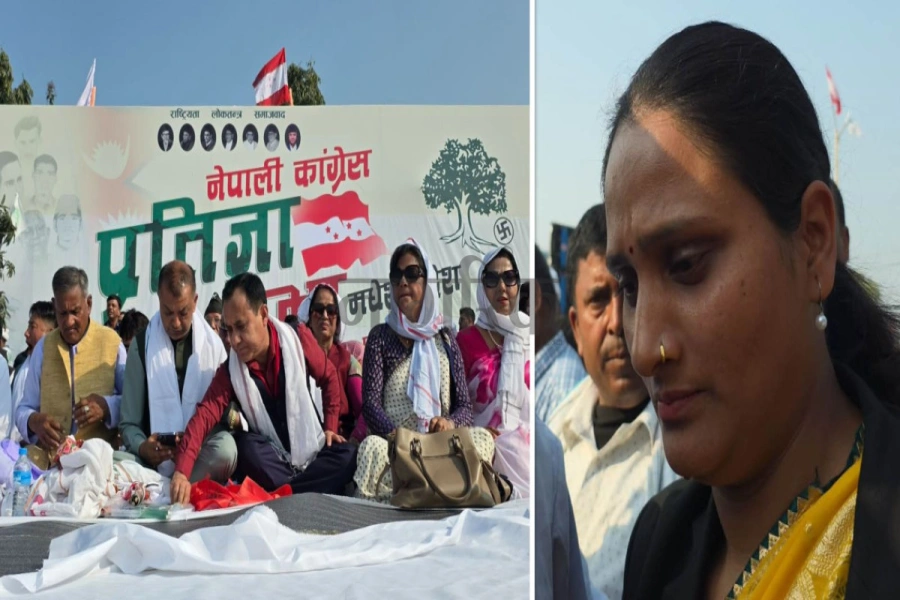KATHMANDU, FEB 18: Despite a supposed breakthrough over the issue of leadership and organization, UML and the CPN (Maoist Center) are still struggling to take their planned merger to a conclusive end amid demands from key leaders of both parties to ensure their status in the proposed new party.
Following months of negotiations, top leaders from the two parties had agreed in principle last week to rotate the premiership and the leadership of the new party. UML Chairman KP Sharma Oli and Maoist Chairman Pushpa Kamal Dahal were planning to sign a written pact on left unity before the formation of the new government.
But the merger could not get the final shape as more than two dozen leaders, who have been vying to secure rightful places for themselves in the merged party, warned their top leadership against signing a deal in haste.
Desperate search for missing girls as nearly 80 dead in Texas f...

A joint meeting of a high-level task force on Thursday ended inconclusively after a section of UML leaders called for a prior agreement on the status of the other leaders. During the meeting, UML senior leader Madhav Kumar Nepal also insisted on making 'people's multiparty democracy' the guiding principle of the new party.
"Though it appears like a row over ideology, the management of key leaders including Nepal is causing a delay in the merger," said a UML leader who spoke on condition of anonymity.
Party insiders said other UML leaders including Jhala Nath Khanal, Bamdev Gautam and some standing committee members have expressed concern over their status. Khanal, for example, has staked a claimed to the post of president.
Though Maoist leaders are not as vocal, Maoist chairman Pushpa Kamal Dahal is under equal pressure to specify clearly the ranking of the leaders in the party.
Maoist leader Matrika Yadav said the management of second-rung leaders was an obvious issue due to the need to accommodate many leaders from both parties. But he said that this was not behind the continuing delay in unification.
"The major bone of contention is ideology. If there is agreement on leadership, it would be easy to resolve other issues," said Yadav.
Party leaders said the management of the key leaders if delayed, could jeopardize the unification process. They said that the issue of portfolios of key leaders should be finalized through consensus among the various factions. Neither Oli nor Dahal have consulted the party leaders over the management of the senior leaders.
UML Secretary Yogesh Bhattarai said there has not been any discussion on the status of second-rung leaders. But he expressed hope that the agenda would move to the lower bodies once there is clear agreement at the top.
Following months of discussions, UML and Maoist leaders last week reached an informal understanding to embrace a parallel leadership and rotate the government leadership. The two parties, according to leaders, have also agreed to divide power into the steering committees, the central committee and lower bodies on the previously agreed 60:40 ratio.






































